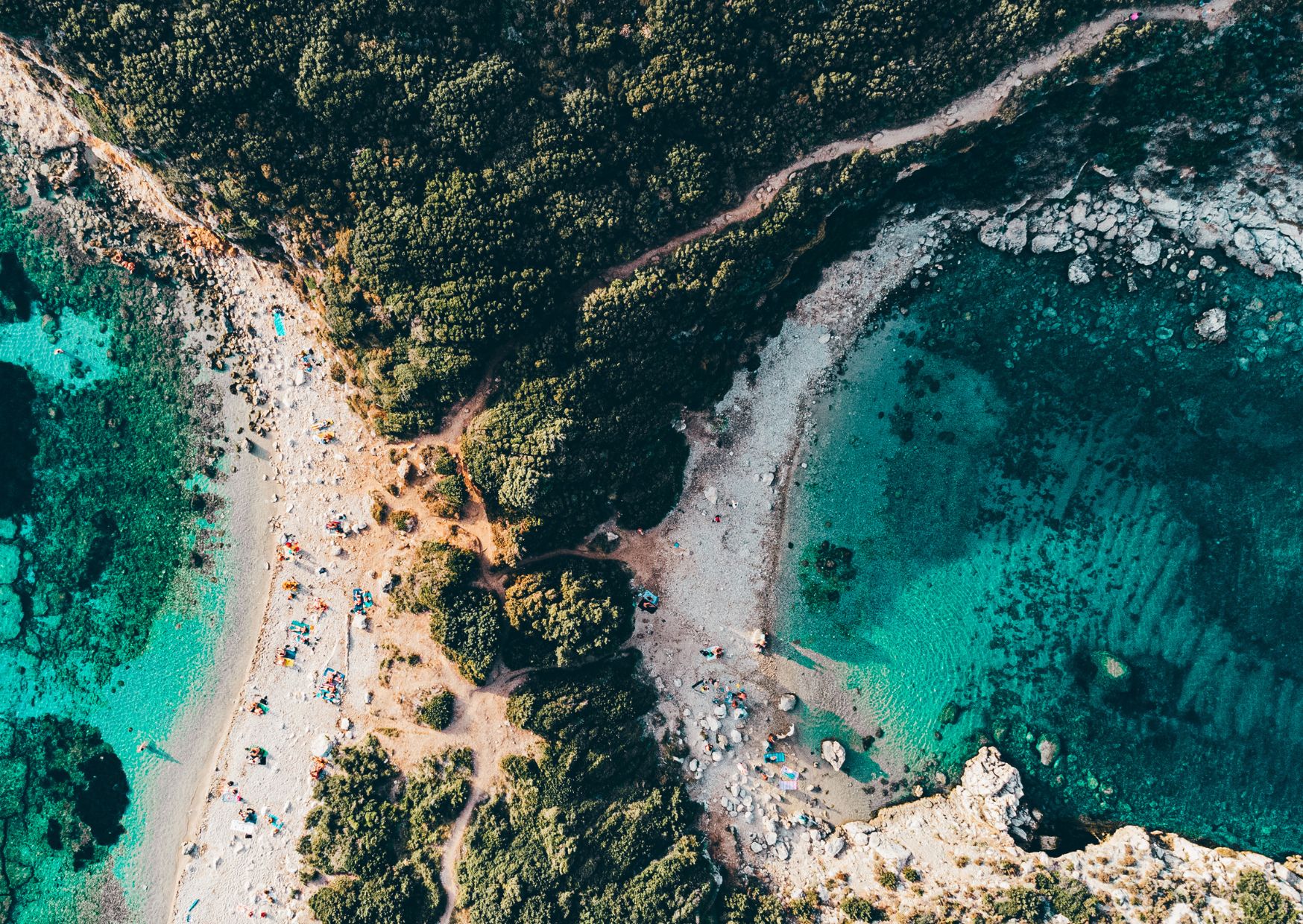
Prime Minister Kyriakos Mitsotakis revealed this exciting news during a televised message, highlighting not only the environmental benefits but also the diplomatic weight behind this move.
With ongoing tensions in the region over maritime borders involving Libya and Turkey, Greece’s bold step sends a clear message. By establishing these marine parks, Greece is reinforcing its stance on disputed maritime zones and emphasizing the importance of protecting its waters—not just for political reasons but for the planet’s future too.
Calling the sea “the silent power of Greece,” Mitsotakis spoke passionately about the deep connection Greeks have with the ocean. “It has shaped our culture and history, nourishes our people and nurtures our spirit,” he said. At a recent United Nations conference on oceans in France, he promised to honor this heritage, and now he’s delivering on that promise.
These two new marine parks will be among the largest in the entire Mediterranean, covering an impressive 27,500 square kilometers—about 25% larger than earlier projections. That’s a vast underwater sanctuary where marine life can thrive, ecosystems can restore their natural balance, and harmful fishing methods like trawling will be banned completely.
“This is about more than just protection,” Mitsotakis explained. Inspired by Sir David Attenborough’s latest documentary on oceans, he described a shift in how we relate to the sea—from owners to custodians. Greece aims to lead by example, working hand-in-hand with local communities, fishermen, scientists, and international partners to create marine parks that are not only safe havens for wildlife but also models of sustainable stewardship.
Thanks to cutting-edge technology like drones, radar, and satellite monitoring, the parks will be closely watched by Greece’s Natural Environment and Climate Change Agency. This integrated approach ensures the most vulnerable habitats and species receive the protection they deserve.
The marine parks also build on existing environmental efforts, incorporating multiple protected areas from the European Natura 2000 network. The South Aegean National Marine Park includes 18 Natura 2000 sites, while the Ionian Park adds another 24. Together, these protected zones form a cohesive and manageable network that balances conservation with responsible use.
With the ambitious goal of safeguarding 30 percent of Greece’s territorial waters by 2030, these parks put the country ahead of schedule in meeting international ocean protection targets. Beyond politics and diplomacy, this move is a powerful reminder that protecting our oceans is protecting our future—one wave at a time.
Photo by: urtimud.89 from Pexels
